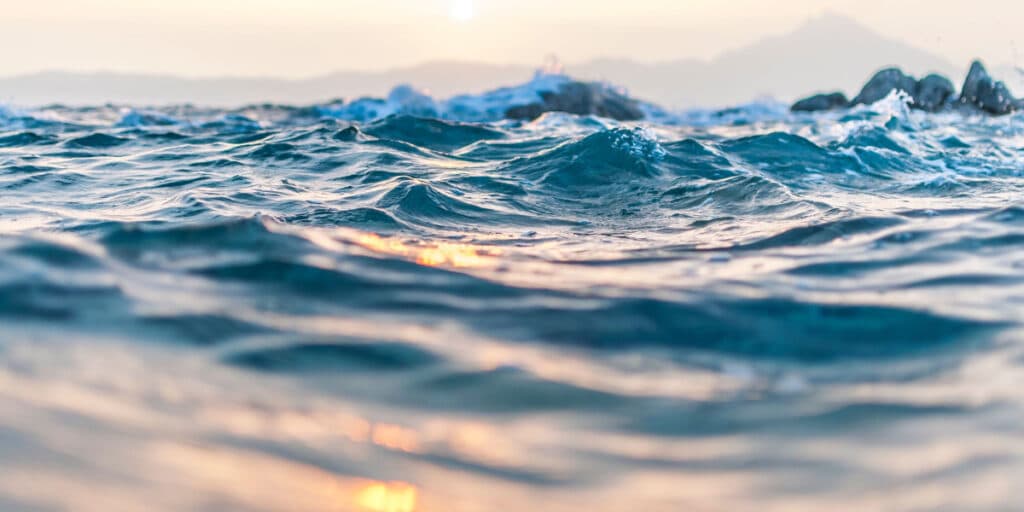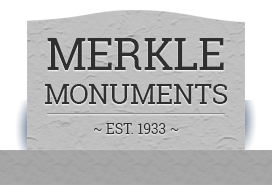What Is Aquamation?

When a person is planning their end-of-life arrangements, there are a lot of choices to make. One of these choices is what happens to the body.
Traditional burials and flame cremations have been the two most common options in our culture for a very long time. But recently, as people have become more conscious of their environmental impact, alternative methods of disposition have become accessible.
One of these methods is aquamation, also known as “alkaline hydrolysis,” “green cremation,” and “flameless cremation.”
How Does Aquamation Work?
Aquamation takes advantage of the natural decomposition process and the dissolving powers of water.
This process naturally decomposes the deceased body in a solution of 95% water and 5% alkali solution. In a pressurized chamber, the water is heated to accelerate the process. It typically takes only about 4 hours.
The organic materials of the body dissolve into the water until only the bones (as well as any inorganic implants, such as pacemakers) remain.
Then, just like a regular cremation, the skeletal system is put through a cremulator machine and crushed into a fine powder. The remains are given to the family in an urn.
Is Aquamation Right for You?
As aquamation rises in popularity, you might be wondering if this method is right for you or your loved one.
The biggest benefit to this process is that it is eco-friendly. Compared to traditional cremation, aquamation takes far less energy to perform, and it releases hardly any harmful emissions.
It also provides a more natural alternative to the traditional embalming and burial method. Caskets do not break down underground, and the chemicals of the embalming process cause pollution. Aquamation could be a good option for you if you are concerned about your impact on the Earth, even after death.
However, aquamation still has some way to go before it is accessible to everyone. Currently, it is only legal in some states, including Alabama, California, Colorado, Connecticut, Florida, Georgia, Idaho, Illinois, Kansas, Maine, Maryland, Minnesota, Missouri, Nevada, North Carolina, Oregon, Utah, Vermont, and Wyoming.
Another factor to consider is price. Aquamation is more expensive than the traditional cremation process at around $2,000-$3,000. For comparison, flame cremation is typically around $1,500. That being said, it is still a much more affordable option than traditional burials, which can cost up to $9,000.
As more people turn toward aquamation for their end-of-life arrangements, it is expected to be legalized more widely, and the price may slightly reduce over time.
Memorials & Urns in Maryland
Whatever method of disposition you or your loved ones choose, trust Merkle Monuments to provide the memorial items you need.
We have provided the highest quality products across Maryland for nearly 100 years. We offer headstones, urns, benches, columbariums, keepsakes, and more. Give us a call today to begin your project!

